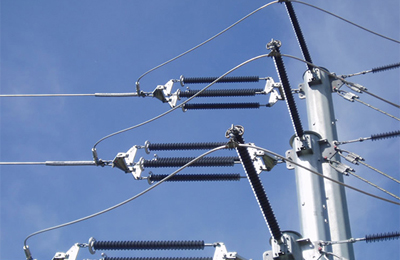In the world of materials, two key categories that help us understand how substances interact with electricity and heat are conductors and insulators. These terms describe the ability of materials to allow or resist the flow of electrical current or heat. Understanding the difference between these two is fundamental in various fields such as electrical engineering, physics, and even everyday life. Let’s explore what conductors and insulators are, how they differ, and answer some common questions about insulators.
What is a Conductor?
A conductor is a material that allows the flow of electric current or heat through it. Conductors have free electrons that can move easily within the material, facilitating the transfer of energy.
Common Conductors: Metals like copper, aluminum, and gold are excellent conductors of electricity. For example, copper is widely used in electrical wiring because of its low resistance to electric current. Materials like iron and steel also conduct heat, which is why they are used in cookware and heating elements.
How Conductors Work: In conductors, the outer electrons of atoms are loosely bound and can move freely. This movement of free electrons creates an electric current when a potential difference (voltage) is applied across the material.
Q1: Why are insulators used in electrical wiring?
A1: Insulators are used in electrical wiring to prevent the electrical current from escaping and potentially causing short circuits or electrocution. For example, the rubber or plastic coating on wires acts as an insulator, allowing the electricity to travel safely inside the wire while protecting people and surrounding materials from electrical shock.
Q2: Can insulators ever conduct electricity?
A2: Insulators generally do not conduct electricity under normal conditions. However, if subjected to very high voltage, some insulators can break down and become conductive. For example, a plastic insulator may allow electricity to pass through if the voltage is high enough to overcome its insulating properties.
Q3: Are all non-metallic materials insulators?
A3: No, not all non-metallic materials are insulators. For example, glass and wood are insulators, but certain non-metallic materials like graphite (used in pencils) can conduct electricity, making them exceptions to the rule. Therefore, it’s important to know the specific properties of a material before categorizing it.
Q4: What are the most common uses of insulators in everyday life?
A4: Insulators are used in many everyday applications. Some common uses include:
Electrical Wiring: Insulating materials like plastic and rubber cover wires to prevent electrical hazards.
Cookware: Materials like ceramic or glass are used to make heat-resistant containers (e.g., pots, ovens).
Household Appliances: Insulators are used to protect users from electric shock in devices like hairdryers, toasters, and power cords.
Q5: How does an insulator affect the environment?
A5: While insulators are crucial for safety, the materials used to create them (such as plastic and rubber) can have environmental impacts. Many insulators are not biodegradable, and their disposal can contribute to pollution. Efforts are being made to develop more environmentally friendly insulating materials, including those made from recycled or natural substances.
Conclusion
In summary, conductors and insulators play crucial roles in managing electricity and heat in various applications. Conductors allow the easy flow of energy, while insulators resist it. Both are essential in different contexts, from electrical wiring and appliances to cookware and insulation. By understanding these materials and their differences, we can make safer and more efficient choices in how we design and use the technology and materials around us.

GET A QUOTE